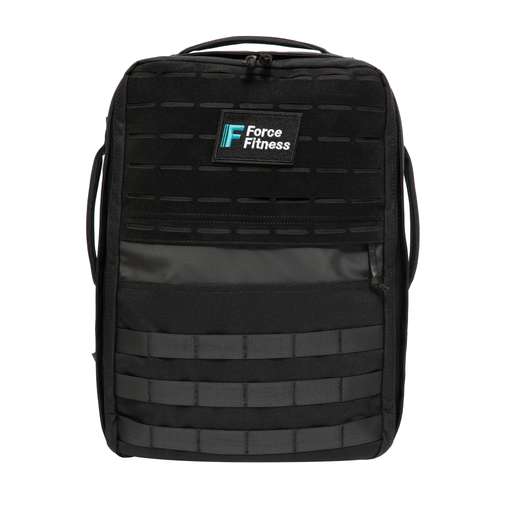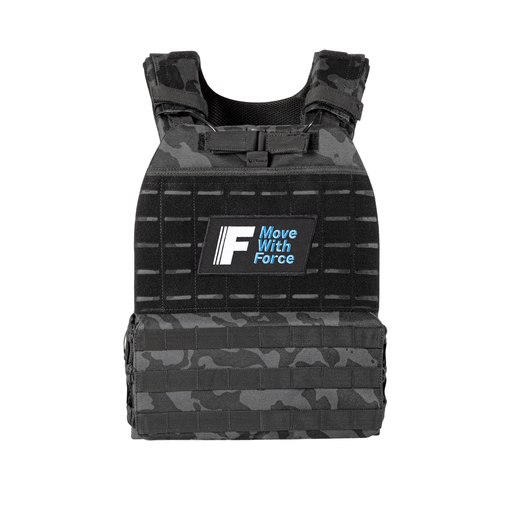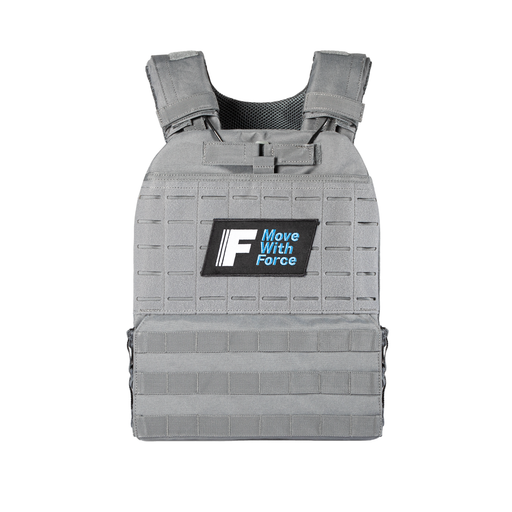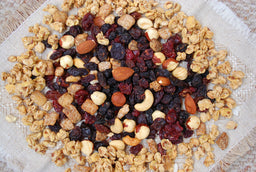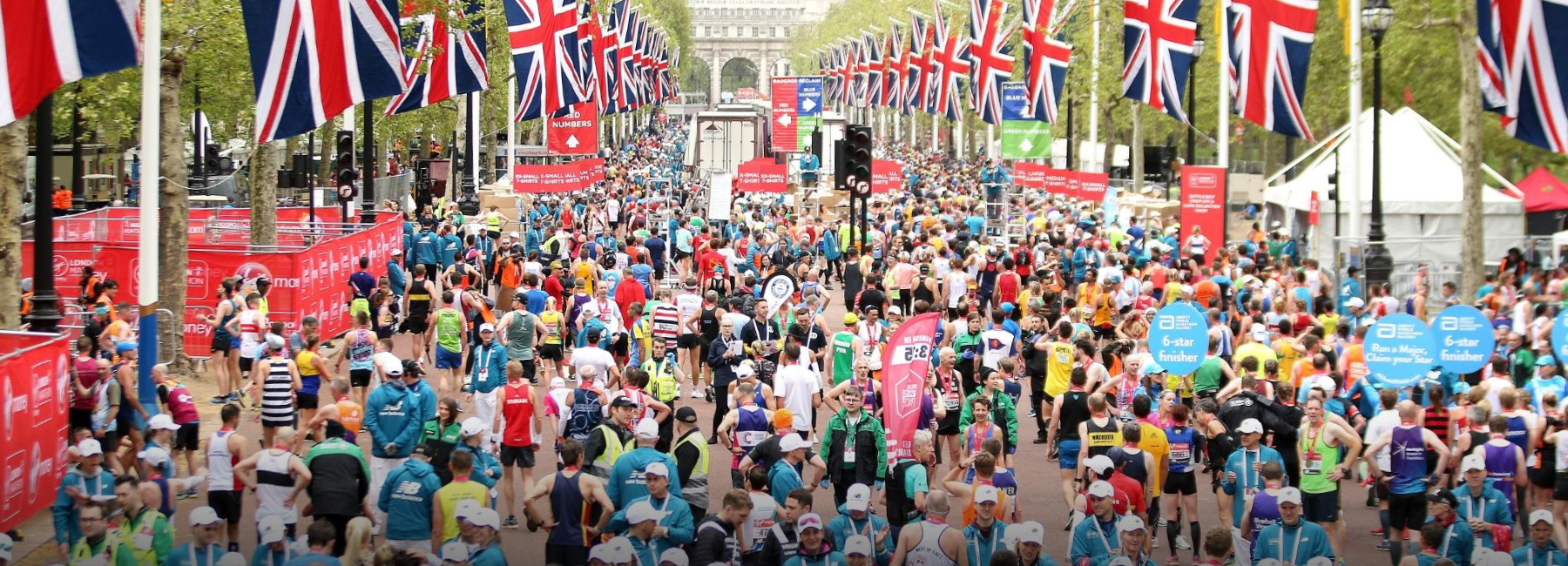
How Rucking Gets You Marathon Ready: Lessons from London’s Biggest Race Ever
How Rucking Gets You Marathon Ready: Lessons from London’s Biggest Race Ever
The 2025 London Marathon was one for the history books. Held on April 27, it drew a record-breaking 56,000 finishers, solidifying its place as the largest London Marathon to date. From elite athletes like Kenya’s Sabastian Sawe—who clocked an incredible 2:02:27—to inspirational first timers and charity runners, this year’s race proved that marathon running is more popular and accessible than ever.
So, what’s driving this surge? Post-pandemic health awareness, rising charity involvement, and the increasing appeal of personal endurance challenges have all helped fuel the boom. But while interest in marathons is growing, training for one remains a serious commitment. That’s where a lesser known but highly effective method comes in: rucking.
What is Rucking?
At its core, rucking is walking or hiking with a weighted backpack. It’s a military-inspired fitness practice that builds strength, endurance, and mental toughness—key ingredients for marathon success. With Force Fitness, we offer durable, purpose-built rucking gear, so it’s never been easier to get started.
Why Rucking Works for Marathon Training
1. Low-Impact Endurance Building
Rucking provides aerobic conditioning like running but with less impact on joints. This makes it a perfect cross-training option, especially during rest days or recovery periods.
2. Strengthens Running Muscles
Carrying added weight on your back while walking recruits muscles in the glutes, hamstrings, calves, and core—all vital for efficient running form. Rucking helps build those stabilisers without the pounding of high mileage runs.
3. Mental Toughness & Load Management
Marathon training is as much a mental challenge as a physical one. Rucking teaches you to move under load and discomfort—just like the final miles of a marathon. It conditions both body and mind to grind through fatigue.
4. Perfect for Active Recovery
Rucking can be used on lighter training days to boost mileage and burn calories without sacrificing your body to hard miles. It complements long runs while aiding in blood flow and recovery.
5. Outdoor, Accessible, and Scalable
Whether you're walking city streets, woodland trails or local hills, rucking is versatile. You can start light (5–10kg) and build up as your fitness improves. It’s also budget-friendly, especially compared to gym memberships or specialist coaching.

How to Add Rucking to Your Marathon Prep
- Start Small: Begin with short 30-minute rucks carrying around 10% of your bodyweight. Focus on posture and pacing.
- Replace One Run a Week: Swap a mid-week recovery run with a 45–60-minute ruck to reduce joint strain while still building endurance.
- Hill Ruck for Strength: Add hills to your route to simulate resistance training and mimic tough race conditions.
- Use the Right Gear: Invest in a quality rucking backpack and weight plates from trusted suppliers like Force Fitness, whose gear is rugged, ergonomic, and built for both performance and comfort.
- Hydrate and Track: Just like running, fuel your rucks properly and track them with a GPS watch or app to monitor your progress.
The London Marathon is more than just a race—it’s a symbol of personal achievement, community spirit, and physical triumph. If you’re thinking of signing up next year (or tackling your first marathon), don’t overlook rucking as a powerful, effective, and enjoyable training tool.
With the right strategy—and a weighted pack on your back—you’ll be marathon-ready in both body and mind.
Need more inspiration? Here are some highlights from the 2025 London Marathon…
Elite Race Results
- Men’s Winner: Kenya’s Sabastian Sawe claimed victory with a time of 2:02:27, breaking away solo with over 10 kilometres remaining.
- Women’s Winner: Ethiopia’s Tigst Assefa set a new women-only world record, finishing in 2:15:50.
Notable Moments
- British Olympic triathlon champion Alex Yee made his marathon debut, finishing 14th .
- Boxing trainer Shane McGuigan completed the race in 3:08:17, running in memory of his late sister and raising awareness for Young Lives vs Cancer.





